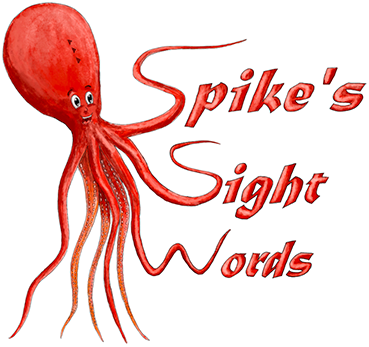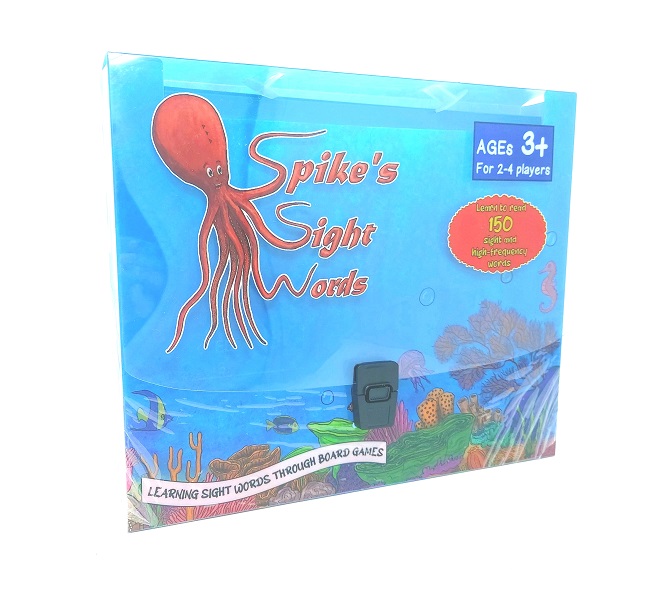Here are some AMAZINGLY Fun facts about the English language…
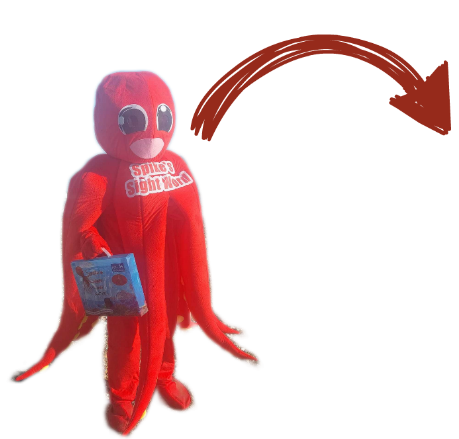
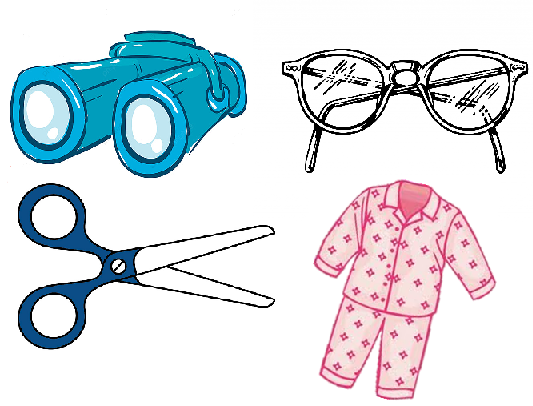
Some English words exist only in plural form –
Glasses (spectacles), Binoculars, Scissors, Shears, Tongs, Jeans, Pants, Pajamas
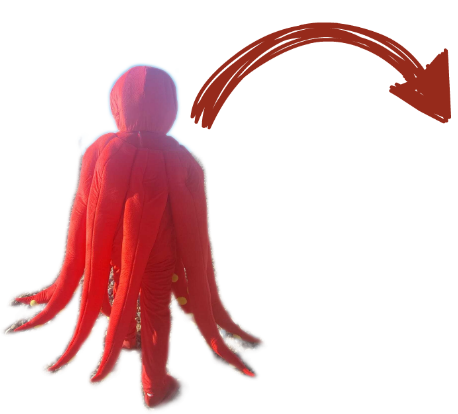
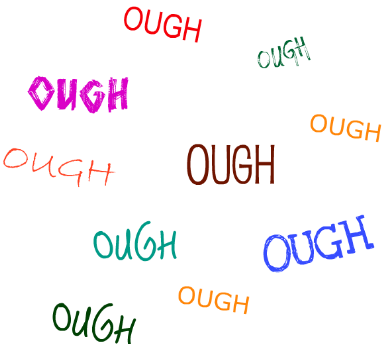
The combination “ough” can be pronounced in at least 9 different ways
Oh, English. Just when we’re starting to feel good about you, your strange pronunciation techniques strike again!
Over the centuries, spelling in the English language was inconsistent, causing the pronunciation of vowels (and even some consonants) to dramatically change. This, plus the fact that English has borrowed words from multiple languages around the world, means combinations like ough have, ahem, evolved in many different ways.
The following sentence which contains them all:
“A rough-coated, dough-faced, thoughtful ploughman strode through the streets of Scarborough; after falling into a slough, he coughed and hiccoughed.”
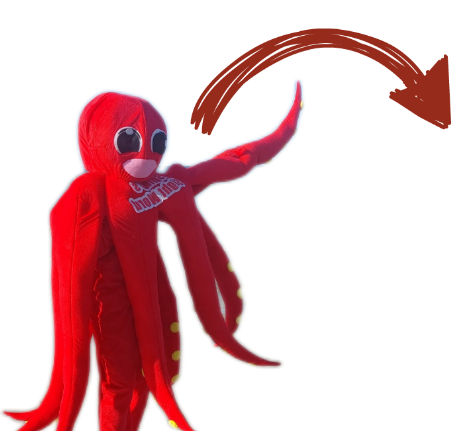
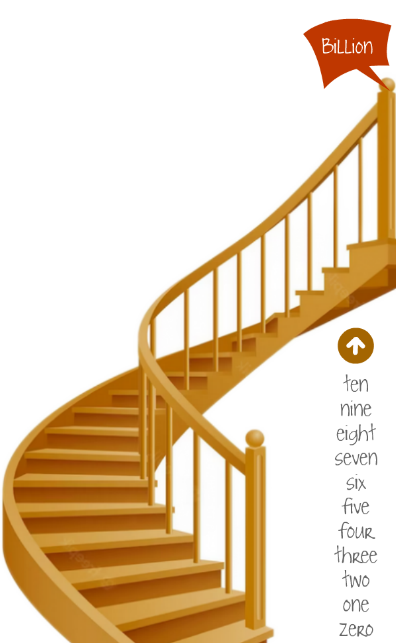
If you wrote out all the numbers (i.e. one, two, three…), you would not use the letter “b” until the word “billion.”
You can also spell every number up to “1000” without using the letter “a.”

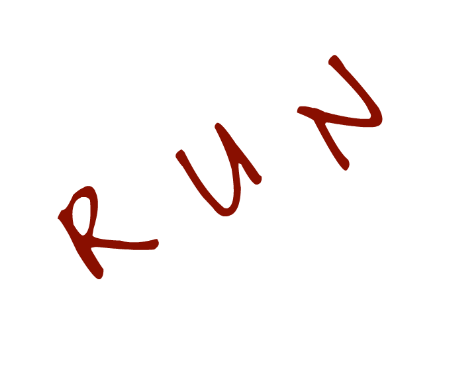
The most complex word in the English language is “run.”
“When the first edition of the Oxford English Dictionary was published in 1928, the word with the most definitions was set.” This small word had over 430 definitions and required a 60,000 word definition that covered 24 pages in the Oxford English Dictionary.
“However, the word put later outpaced it, and run eventually overtook them both… Winchester thinks this evolution is partly due to advancements in technology (for instance, ‘a train runs on tracks’ and ‘an iPad runs apps’).”

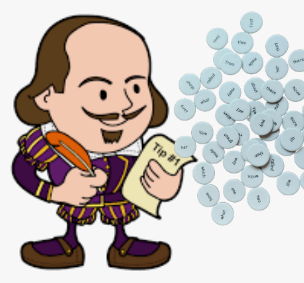
William Shakespeare, a famous 16th-century English playwright, invented over 1,000 words, including birthplace, blushing, undress, torture, cold-blooded.
CAN YOU NAME ANYMORE?

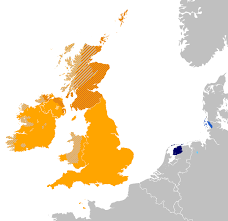
The closest relative of the English language today is Frisian. People still speak this language in only three small areas of Germany and the Netherlands.

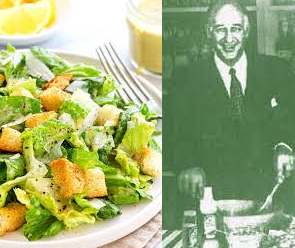
An eponym is a person, a place, or a thing after whom or which someone or something is, or is believed to be, named. The adjectives which are derived from the word eponym include eponymous and eponymic.
Examples include:
. America
The word America is named after Italian Map maker, Amerigo Vespucci.
2. Caesar Salad
Restaurateur Caesar Cardini created the salad that now bears his name.
3. Boycott
This word is named for an Irish land agent, Captain Charles C. Boycott.
4. Fahrenheit
Gabriel Daniel Fahrenheit is the physicist for whom this temperature measurement is named.
5. Zipper
The word zipper started as a branded name. BF Goodrich put this fastener on a pair of boots they sold and called it a zipper. The name stuck, and now the word is used to universally describe this type of fastener.
6. Cardigan
This is named after the 7th Earl of Cardigan. He led troops who wore this garment into battle.
7. Sandwich
While some of the backstories may be lore, it is true that the word sandwich is named for the Earl of Sandwich.
8. Nicotine
Jean Nicot sent powdered tobacco leaves and seeds back to France when he visited Portugal as an ambassador.
9. Diesel
This field, used in trucks and other equipment is named after Rudolph Diesel.
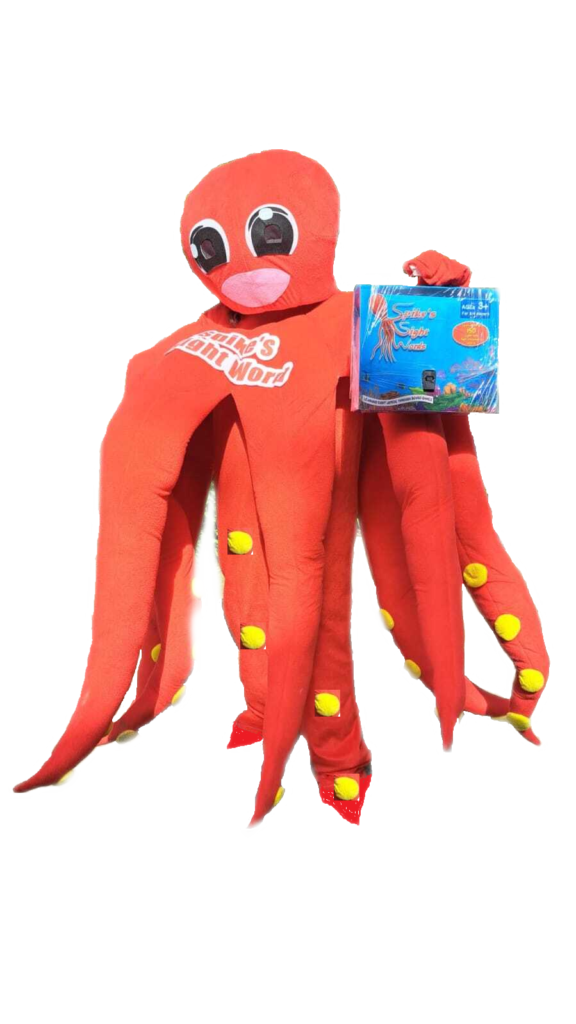
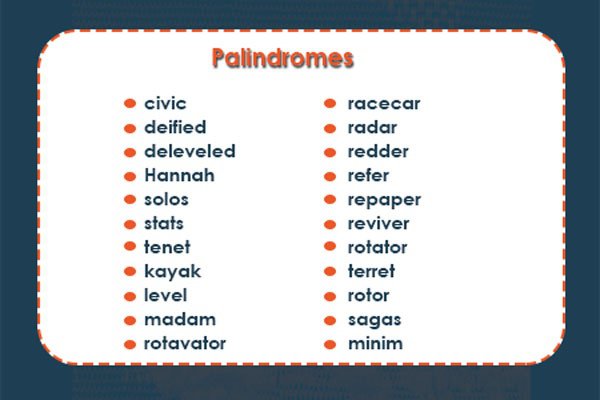
What are palindromes?
If a word is a palindrome, that means it’s spelled the same both backward and forwards. That means, you can write any one of these words on a mirror and not have to worry about it being reversed!
Full and complete sentences can be made with palindromes too. Phrases like “Live not on evil” or “Never odd or even” can be considered a palindrome because they read the same both forwards and backward!
